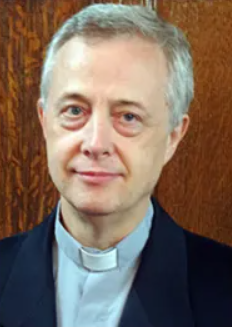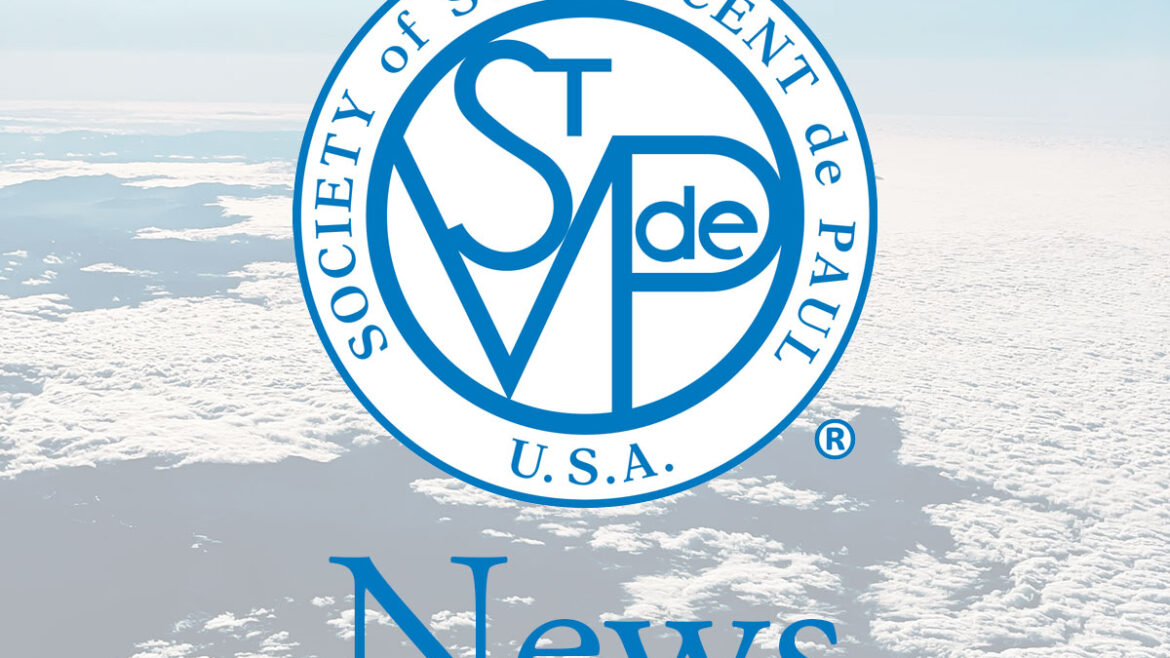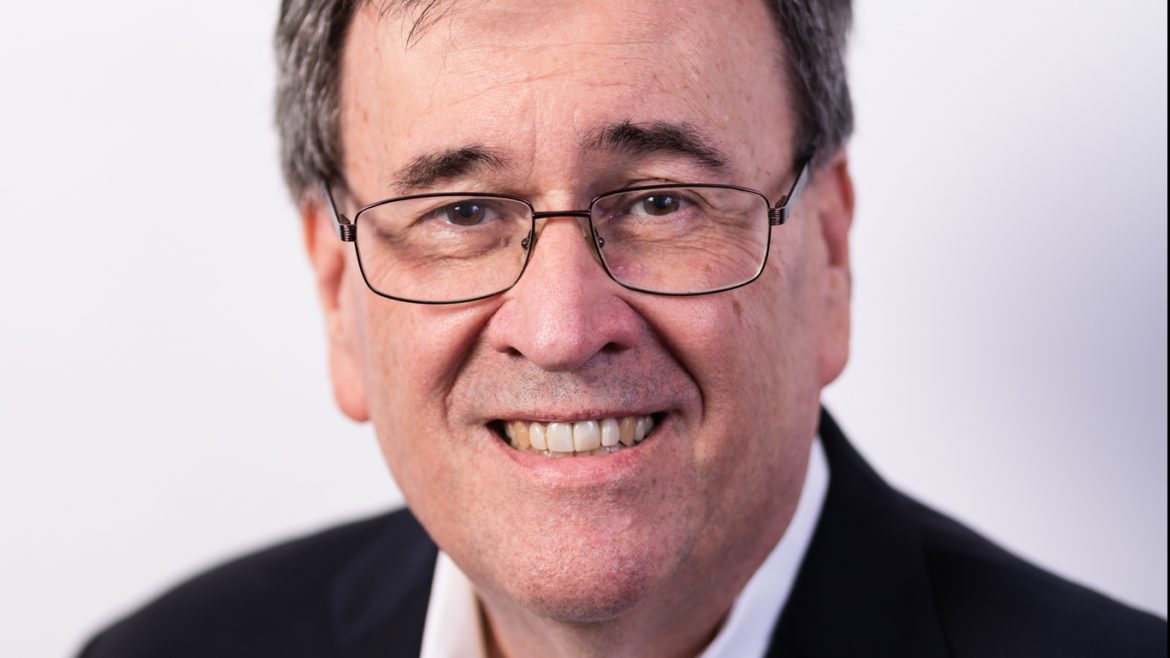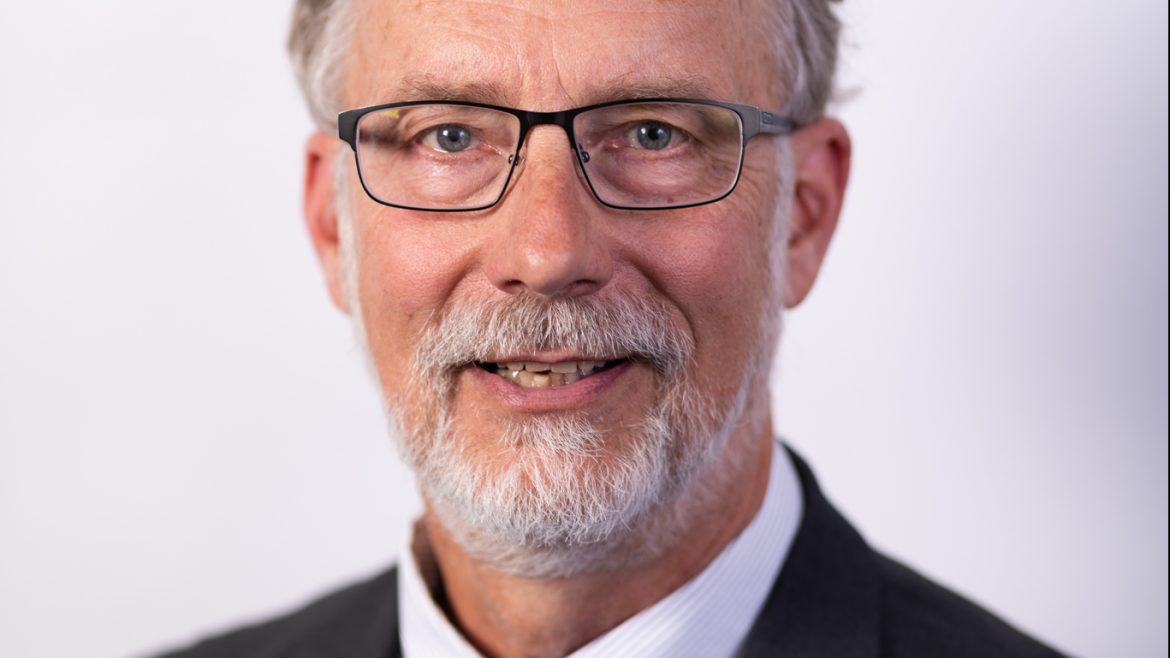Dear brothers and sisters,
May the grace and peace of Jesus be always with us!
The month of September is called the Vincentian month because we, members of the worldwide Vincentian Family, prepare to celebrate together the Feast of Saint Vincent de Paul with beautifully prepared Eucharists, liturgies of the Word, or other prayer encounters, engaging all the branches of the Vincentian Family in a given parish, village, city, region, or country. We also prepare to celebrate the feast with concrete acts of corporal and spiritual charity toward our Lords and Masters.
I would like to thank deeply and congratulate each branch of the Vincentian Family for the incredible inventiveness, engagement, and service it has shown from the outset of the pandemic through today to alleviate the suffering brought to the world by Covid-19, which, as always, hit hardest the Poor, the most vulnerable. We all hope and pray that the worst of the pandemic slowly is getting behind us, although that is true in some countries more than in others. We still live with much uncertainty as to what might come next.
More and more, we are learning to use new tools to keep in touch with each other through social media, Zoom, and other platforms at our disposition. These are excellent means to grow in interconnectedness and collaboration. Nevertheless, we are experiencing, with even greater urgency, the need to resume personal encounters, meetings, and gatherings that we had before the Covid-19 pandemic spread around the world. After experiencing so long a period of isolation, distancing, and prohibition of meetings, it is our heart’s desire to make personal encounters, meetings, and gatherings even more numerous.
While Vincent wrote more than 30,000 letters, the primary form of “remote” communication of his time, his days were filled with meetings with individuals and groups, and he clearly valued repetitions of prayer and conferences that brought together the confreres and the sisters.
Speaking of growth in interconnectedness, I would like to highlight three areas that I already discussed in the past. There have been big improvements in all of them, but there is still much to do to achieve the goals we set for ourselves in these spheres. Therefore, I am returning to them in this year’s letter, convinced that if we succeed in intensifying interconnectedness and collaboration and in fulfilling the objectives we set for ourselves in these specific areas, the other areas will follow almost automatically, and it will be much easier to bring the 160 branches together for any new initiative that we may begin in the future.
1. National Councils of the Vincentian Family in all 162 countries where the Vincentian Family is present today.
The Vincentian Family Office (VFO) is working very hard to help to reach the following goal: by next year, 2022, all 162 countries will have a National Council of the Vincentian Family.
Who should be part of the National Council? The representatives of all the branches in a given country. No branch should be left out, but all, large or small, should feel part of the same Family. If the country is big, there could be Regional Vincentian Family Councils, as well as Local Councils in large cities, as is already the case in some countries. All of these always would be interconnected among themselves and coordinated by the National Council.
I would like to call upon the branches in a given country, region, or city that have been there longer and have more experience than other branches in the field of organization to help bring the different representatives of the Family together. They are well positioned to invite branches and organize the Councils, in which every single branch will take part, in order to plan together different initiatives, projects, and encounters throughout the year. I encourage the National Councils not to limit encounters to once a year, but a few times a year, to develop and intensify collaboration and interconnection that will bring the Family together regularly.
To insist upon the importance of collaborating in initiatives begun by others and in line with the purpose of the Congregation of the Mission, Vincent imagined objections its members might make. “Someone in the Company may say, ‘Monsieur, I’m in the world to evangelize the poor, and you want me to work in seminaries’”[1]; “It’s fine for us to do that, Monsieur, but why should we be serving the Daughters of Charity?”[2]; “But the Foundlings, why burden ourselves with that? Don’t we have enough things to do?”[3] Vincent says that those who would turn away from such collaborative ministries are “people who have only a narrow outlook, confining their perspective and plans to a certain circumference within which they shut themselves away, so to speak, in one spot; they don’t want to leave it, and if they’re shown something outside it and go near to have a look, they immediately go back to their center, like snails into their shells.”[4]
I invite you to do everything possible so that these encounters, projects, and initiatives will not be limited to two or three branches in a given country, region, or city, but include literally all the branches. Once one or another branch brings up an initiative and invites the other branches to collaborate, they certainly will follow.
2. Response to natural disasters, wars, and other calamities, as a whole Vincentian Family.
Within the Vincentian Family, we need to come up with a system on the international, national, regional, and local levels to respond as efficiently and quickly as we can to natural disasters, wars, and other calamities, not as a single branch, but together as the whole Vincentian Family. In fact, we already started to reflect and act in this area on the level of the Vincentian Family Executive Committee (VFEC).
Last year, we came together as an International Family to help the people affected by Covid-19, as well as the tragic explosion in the port of Beirut. The VFEC launched a campaign with the Committee of the Famvin Homeless Alliance (FHA) to assist the hundreds of thousands of homeless in the Lebanese capital, through the Vincentian Family National Council in Lebanon, coordinated by its national president. During the plague that struck Marseilles in 1649, Vincent, learning of the death of Father Brunet and of his lay collaborator, the Chevalier de la Coste, described a rapid response to the crisis. He wrote Antoine Portail, “The Duchesse d’Aguillon is supposed to be sending you five hundred livres… If you need more money, let me know; we shall send some immediately and, if need be, we shall sell our crosses and chalices to assist you.”[5]
By forming and strengthening the National Councils of the Vincentian Family in all 162 countries where we are present, we will have grassroots coordinating teams in collaboration with the Vincentian Family on the international level, which become a force on which the world’s poor can count. Every single branch, whether large or small, is an invaluable part of the wonderful mosaic that makes up the Vincentian Family.
3. Famvin Homeless Alliance (FHA) with its 13 Houses Campaign.
The FHA with the 13 Houses Campaign is an initiative in the area of charity that brings the Vincentian Family together and, thus, needs to be promoted within the Vincentian Family to reach each member’s heart so that everyone becomes involved. The FHA is our unique common project. Therefore, it must be promoted, introduced, and extended in all 162 countries where the Vincentian Family is present so that no Congregation or Association remains outside it, but all take an active part in the initiative in every corner of the world where we live and serve.
So far, 44 branches of the Vincentian Family have engaged actively in the FHA and the 13 Houses Campaign. It is now present in 44 countries; 1826 houses have been built, and 6628 people have been helped. We hoped that by last year’s Feast of Saint Vincent de Paul we would get many more additional branches, Congregations and lay Associations, to take part in one way or another in the FHA, but that goal was not reached. There is still a long way to go.
Unfortunately, the numbers of people who live on the streets, refugees who are displaced from their homes, and people living in substandard housing are increasing drastically all around the world as a consequence of the Covid-19 pandemic. A united response to these overwhelming needs is more necessary than ever.
Our time recalls the situation Vincent faced during the Fronde when he mobilized Vincentian and other ecclesial groups and individuals to assist displaced persons. He could report to his confrere in Poland, “About eight hundred refugee girls have been placed in private houses, where they are taken care of and instructed. You can imagine how much harm would have been done if they had been left wandering around. We have a hundred of them in one house in the faubourg Saint-Denis; we are going to rescue from the same danger the nuns from the country, whom the armies have thrown into Paris. Some are on the streets, some are living in questionable places, and others are staying with relatives. Since, however, they are all in a state of dissipation and danger, it was felt that enclosing them in a monastery, under the care of the Daughters of Sainte-Marie, would be a service most pleasing to God.”[6]
As I have written in a previous letter, we need to come quickly to the point where homelessness will not be tackled alone as an individual person or an individual branch, but together as a Family on the local, national, and international levels. Each branch, by bringing its long history of service to the homeless, its expertise, professionalism, and resources, helps to build up a wonderful force that becomes much more effective in helping the Poor.
To this end, I would like to invite any of the 160 branches of the Vincentian Family, which have yet to do so, to become active collaborators in the Famvin Homeless Alliance initiative by contacting the FHA coordinating committee member Mrs. Yasmine Cajuste: (fha.info@famvin.org) to receive information and materials. You also can visit the FHA website: vfhomelessalliance.org.
I wish every single member of the worldwide Vincentian Family in the widest sense of the word a deep experience of grace as we celebrate the Feast of Saint Vincent de Paul in all corners of the world. May Our Lady of the Miraculous Medal, Saint Vincent de Paul, and all the Saints, Blessed, and Servants of God of the Vincentian Family continue interceding for us and inspiring us on the path to globalize Charity!
Your brother in Saint Vincent,
Tomaž Mavrič, CM
*To view and download this letter, or download in another language, click here.
[1] Vincent de Paul, Correspondence, Conferences, Documents, translated and edited by Jacqueline Kilar, DC; and Marie Poole, DC; et al; annotated by John W. Carven, CM; New City Press, Brooklyn and Hyde Park, 1985-2014; volume XII, page 75; conference 195, “Purpose of the Congregation of the Mission.” Future references to this work will be indicated using the initials CCD, followed by the volume number, then the page number, for example, CCD XII, 75.
[2] Ibid., 76.
[3] Ibid., 78.
[4] Ibid., 81.
[5] CCD III, 465-466; L. 1125, “To Antoine Portail, in Marseilles,” 6 August 1649.
[6] CCD IV, 399; L. 1511 “To Lambert aux Couteaux, Superior, in Warsaw,” 11 June 1652.





